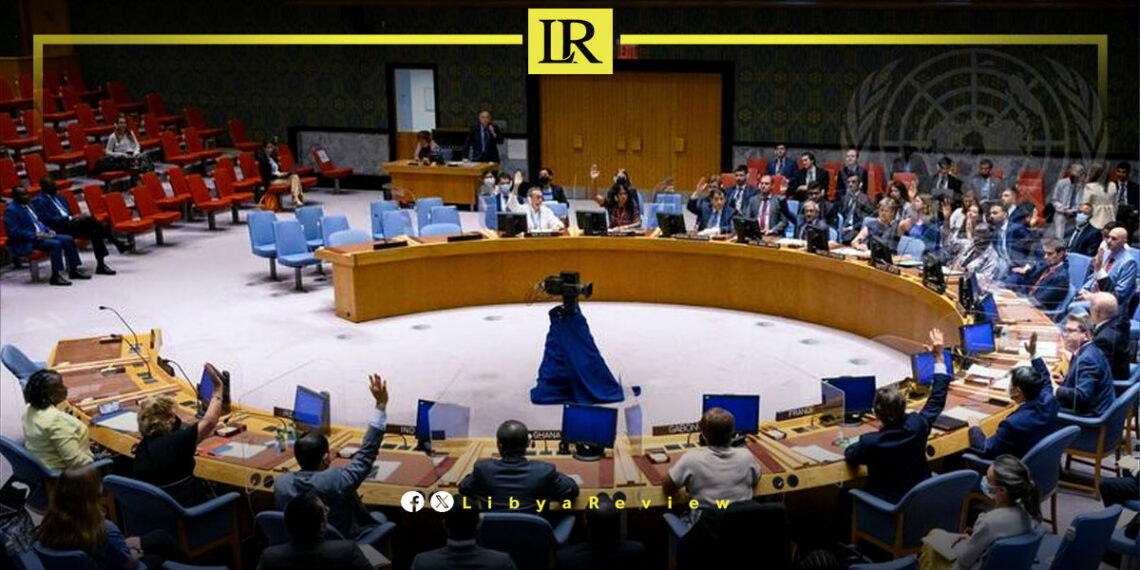The United Nations and the African Union have reaffirmed their full support for the UN-led roadmap aimed at holding national elections in Libya and bringing an end to the country’s long and difficult transition.
These remarks came during the annual UN–AU conference, where both organizations stressed the importance of coordinated international engagement to advance Libya’s political process.
UN Secretary-General António Guterres and African Union Commission Chairperson Mahamoud Ali Youssouf held a joint press conference in New York, where they expressed concern about the growing instability across the African continent. Guterres warned of deteriorating security in the Sahel and pointed to ongoing crises in Mali, South Sudan, Somalia, the Democratic Republic of the Congo, and Libya, emphasizing that instability in any of these regions threatens wider continental security.
A joint statement released after the conference praised the African Union’s continued efforts to support national reconciliation in Libya. It welcomed recent progress toward the signing of the Libyan National Peace and Reconciliation Charter, describing it as a significant development in bringing key political and military actors together under a unified framework.
Both organizations stressed the need for stronger coordination among international partners, particularly through the International Follow-Up Committee on Libya, to help Libyans rebuild a credible political process capable of leading to national elections. The statement reiterated that all efforts must remain firmly Libyan-led and aimed at restoring legitimate institutions across the country.
While Libya remained a central focus, the UN and AU also addressed wider regional challenges, including the escalating conflict in Sudan. They renewed their appeal for an immediate ceasefire and condemned attacks on civilians, especially during the recent assault on El Fasher by the Rapid Support Forces. External interference, they warned, has further intensified the conflict.
The conference also expressed deep concern over the deteriorating security climate in the Sahel, including rising terrorism and unconstitutional changes of government. The situation in Mali was highlighted as especially serious due to militant groups cutting vital supply routes, causing shortages of food, fuel, and essential goods.
The UN and AU concluded that closer cooperation is essential to prevent further regional destabilization and to support countries like Libya that are seeking a path toward stability, reconciliation, and democratic legitimacy.


